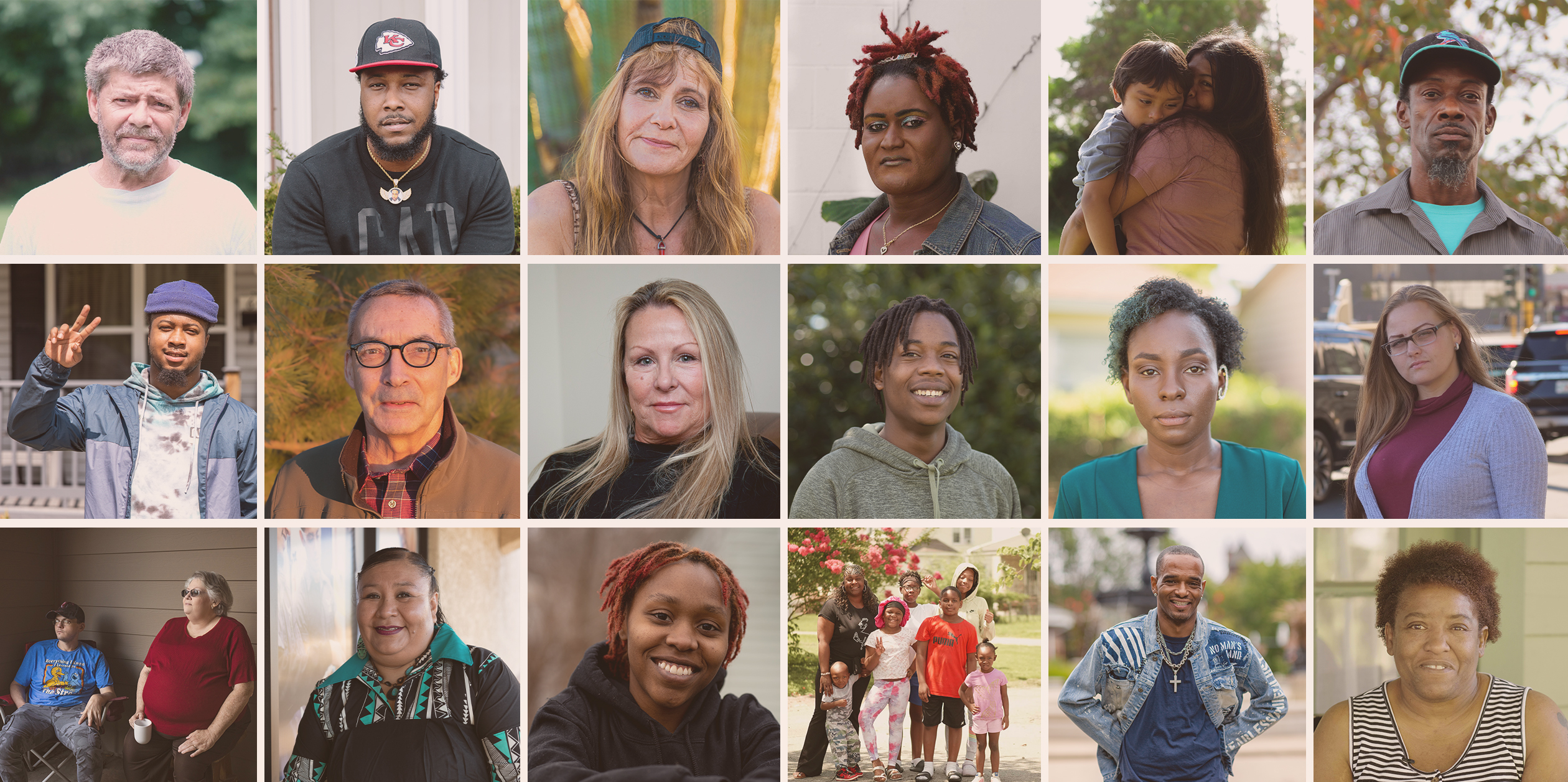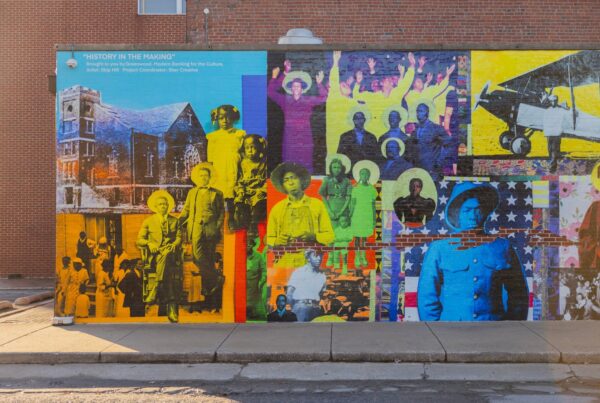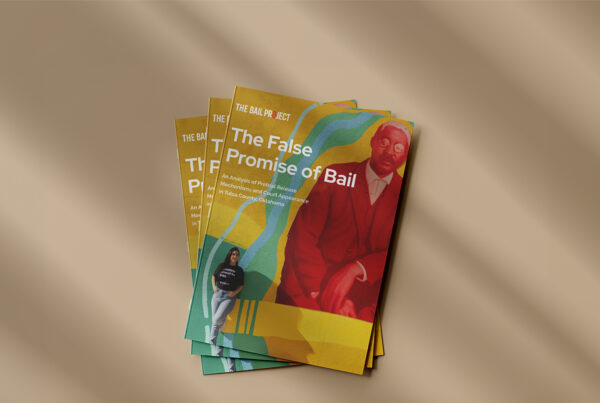Asking what ignites your interest or concern amidst the unending roar of the 24-hour news cycle is a potent question. What factors determine an issue or event as worthy of your valuable time and energy? The answer, for most individuals, lies within the sphere of human connection. When we resonate with elements of ourselves, relatable experiences, or unique insights within a narrative, we develop a deeper sense of care.
Consider your favorite documentary or TV series — your choice of preferred character is likely based on the level of connection or identification with them. Human storytelling, woven with personal anecdotes or distinctive traits, amplifies our memory of experiences. With a vivid memory comes an urge to share, helping the legacy thrive and encouraging others to gather wisdom from it.
This principle centralizes our mission at The Bail Project. Our goal doesn’t just spotlight our clients’ stories; it aims to foster empathy, understanding, and eventual realization of why certain systemic changes are needed.
Assigning a human face to a cause resonates universally, crossing over diverse societal backgrounds, as one can always discover shared ground in varying human experiences.
Media narratives often focus on high-profile personalities or individuals of wealth facing unique challenges or circumstances. Conversely, the unsung stories of thousands languishing in jail cells nationwide due to an inability to afford bail are seldom highlighted. These individuals, drawn from less privileged backgrounds, still possess narratives equally deserving recognition. The profound trauma associated with awaiting a court date from a jail cell for months or even years goes largely untold and unreported. Some lives have been tragically lost over bail amounts as trivial as $100. The year 2022 etched a chilling record as the most deadly at Rikers Island, where alarmingly, 9 out of 10 individuals are awaiting trial without a conviction. These tragic losses, eclipsed by flashier media stories, arguably warrant equal — if not stronger — public outcry.
Societal imbalances in our legal and media landscapes remain starkly apparent. Economically disadvantaged individuals often fall through the cracks, their plight conveniently overlooked. Deplorably, many are reduced to a judgmental dollar figure set by a court, a price that decides where they’ll anxiously await their court hearing. The media narrative frequently labels them as “criminals”, with public opinion promptly assigning guilt purely based on their inability to afford release.
When individuals are whittled down to a dollar value or become a mere statistic in the ballooning jail population, we dangerously forget their inherent human depth. They are not just numbers; they are individuals with distinctive life stories awaiting recognition. At The Bail Project, we aim to amend this dismissive narration. Our purpose allows for a deeper understanding of those incarcerated pretrial and brings these unseen stories into the limelight. Our mission pivots around recounting the experiences of the people we aid and their families. Their personal narratives animate the urgency for systemic change. Our advocacy doesn’t rest on assumptions; we know pretrial reform necessitates action due to the harsh realities our clients encounter.
So, the next time you come across terms like ‘cash bail’ or ‘pretrial incarceration’, consider the real-life stories behind the terminology. Think about Sandra, who teetered on the brink of losing her children due to an unmanageable bail payment, or Christopher, whose egregious neglect to medical attention almost cost him his eyesight while in jail. Together, let us bring their stories, and countless others like them, to the forefront, countering the narrative that devalues them purely due to their bank balance.
Thank you for reading. The Bail Project is a 501(c)(3) nonprofit organization that is only able to provide direct services and sustain systems change work through donations from people like you. If you found value in this article, please consider supporting our work today.











